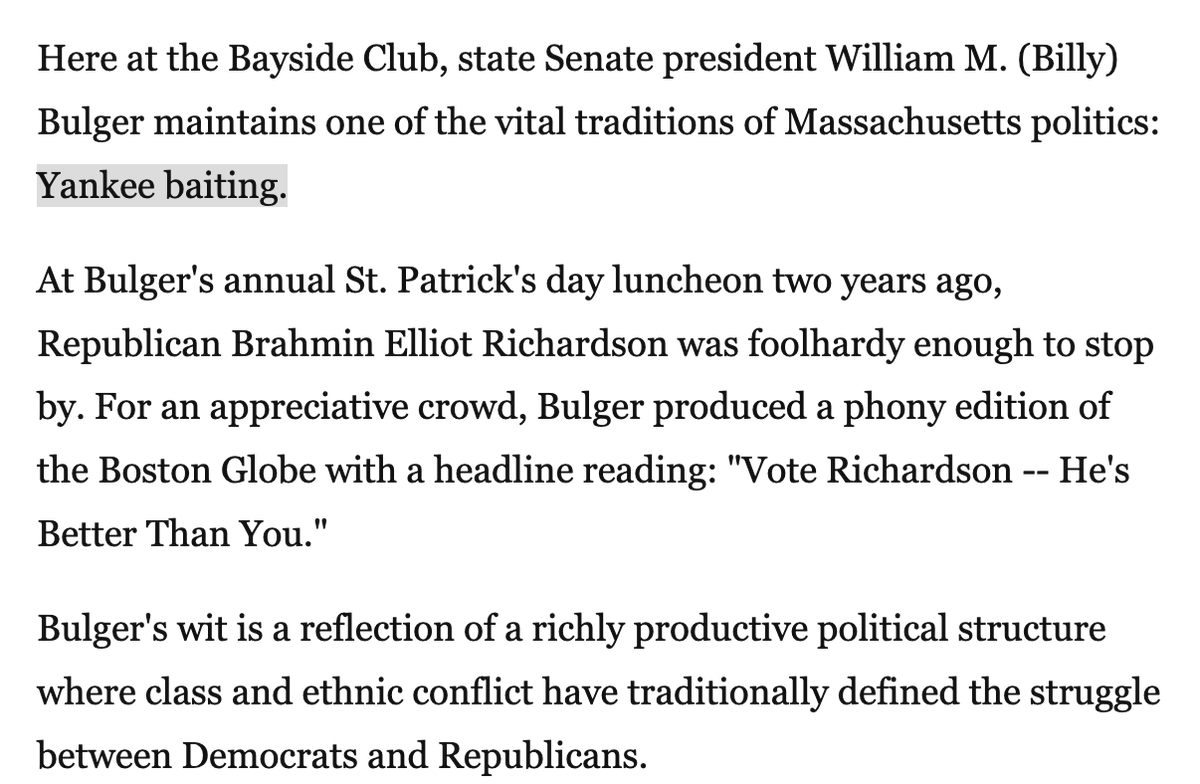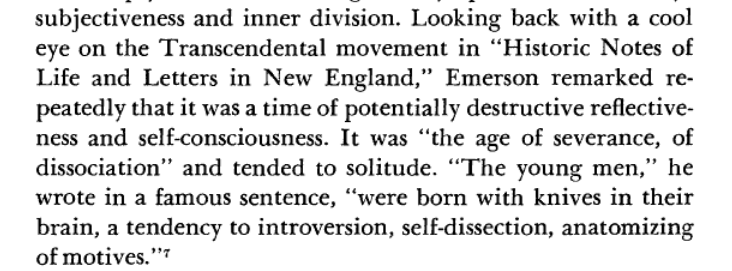
What Emerson, Lincoln, et. al were *trying* to do was unify the country on a stable and ethical long-term basis. The end result was a philosophy that could at least theoretically include all Americans, North or South, black or white, etc.
https://twitter.com/kerry62189/status/1483321227586461701
This is why I'm appalled by the guilt-by-association politics like "southern strategy" that influential Democrats and some Republicans have promoted in recent decades. Reuniting with southerners was always the hope.
*As long as it was done on an ethical basis,* which it was, given the changes made related to the Civil Rights Movement, where Republicans had been front and center. To make that *itself* into a suspect or sinister thing was unforgivable given the history of the parties.
I understand that certain Republicans did objectionable things at various times, and maybe even the whole party did dubious things various times, but the outsized attention those things have been given comes across as bad faith and divisive given the Dem. record not long before.
There's nothing inherently wrong with having supporters with objectionable views. Or, if there is, the Dems certainly weren't in a position to judge in this case. Either way, what is important is that such supporters are guided by responsible leaders in the right direction.
It's clear that Reagan, and others even earlier, worked hard to integrate their new voters on a healthy basis and lead them responsibly. Reagan pushed southern evangelicals and others towards Lincolnism. Credit should be given for that.
But my larger point is that such a thing was always the plan. The New England philosophy that became the Republican philosophy was intended to eventually unite all Americans around ideas of equality, liberty, patriotism, self-government, and self-reliance.
This has been treated as scandalous. It's especially weird, being from MA and a Lincolnist, watching my own values be equated with those of the Old South. There *are* some similarities (the culture here can be Jacksonian--Emerson was trying to ally New England with that type).
But, again, the whole point was to ally on the basis of universal equality, liberty, self-reliance, and patriotism. I'm fine with this Emersonian synthesis, which it sounds like RFK adopted, being called "conservatism." But MA-style conservatives are not fairly represented.
Much of this is intentional, but I do think a lot of it is ignorance plus motivated partisan reasoning. It's easy to think the southern strategy "close enough," but you have to ask why many of RFK's northern white working-class voters went to George Wallace after his death.
Given that they were northerners and attracted to MA-style conservatism, and that the CRA was passed, they weren't likely to be voting based on racism. But there was a shared opposition to neglectful elites and anti-American radicalism.
Nothing about this is inherently suspect or scandalous...it has always been quite likely. But every time it happens, the story is revised in an inaccurate and often defamatory manner. Had RFK lived to try MA-style conservatism, it would not have been wrong to have done so.
• • •
Missing some Tweet in this thread? You can try to
force a refresh


























